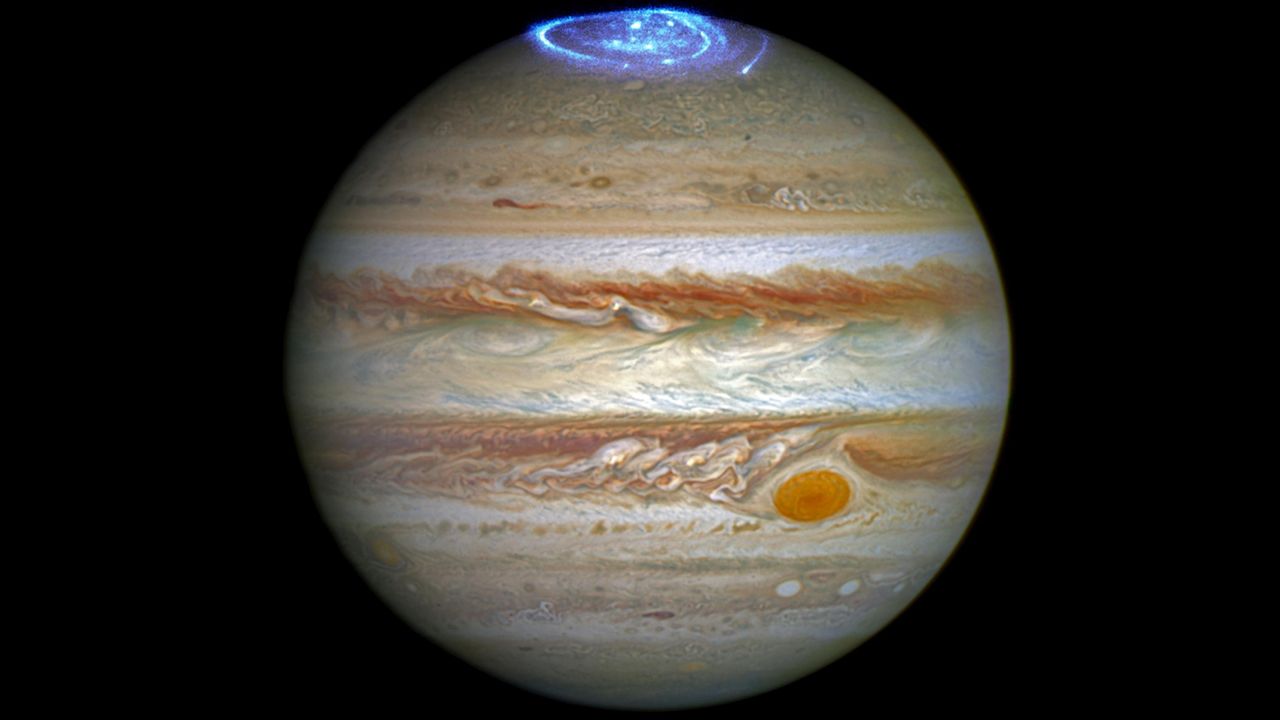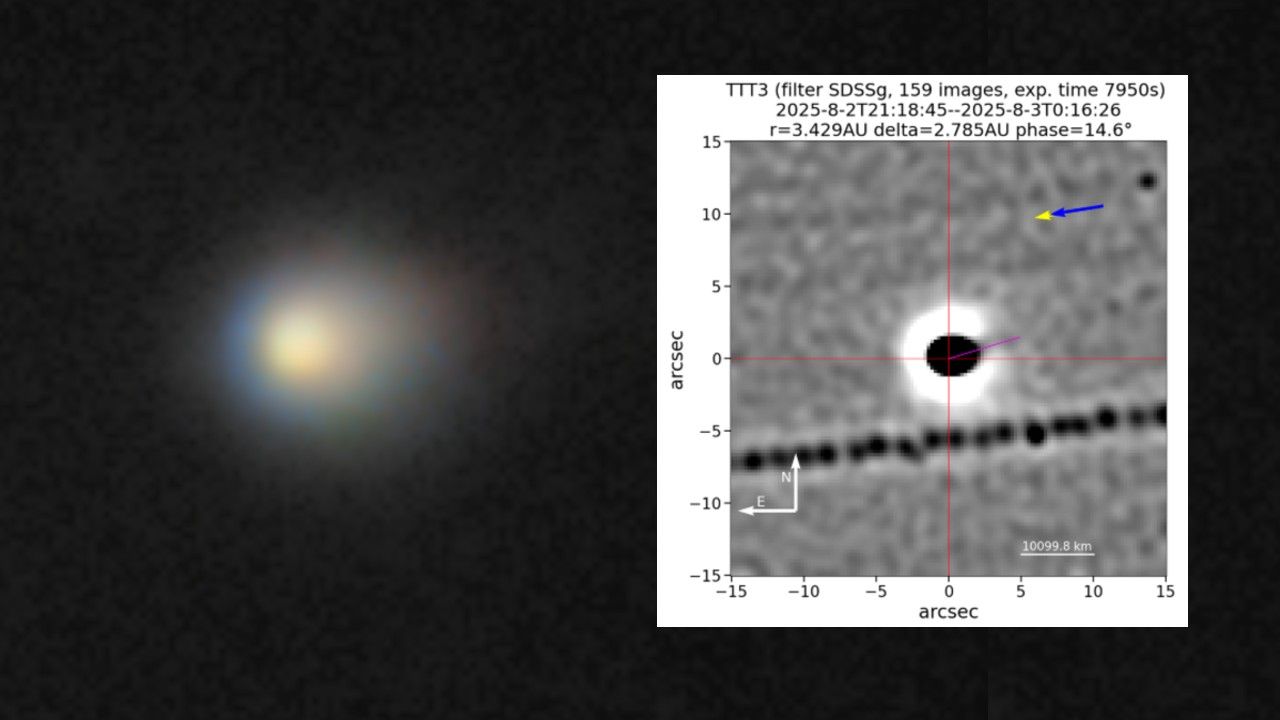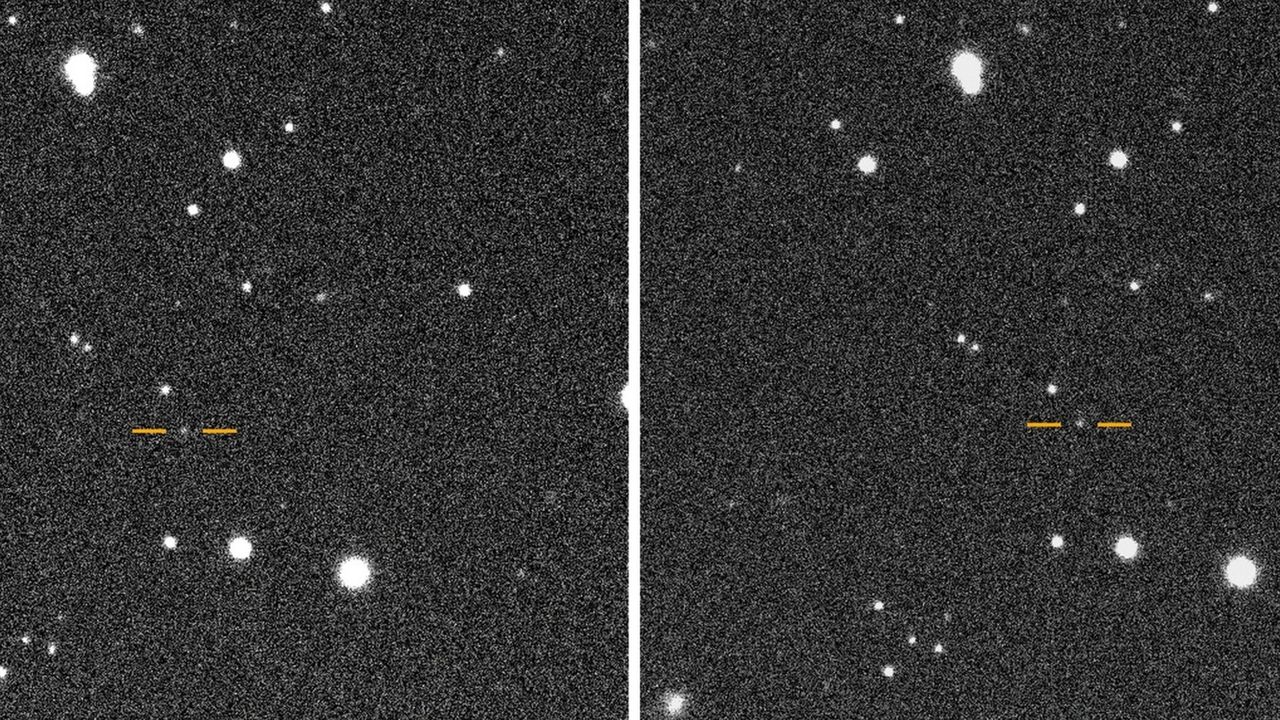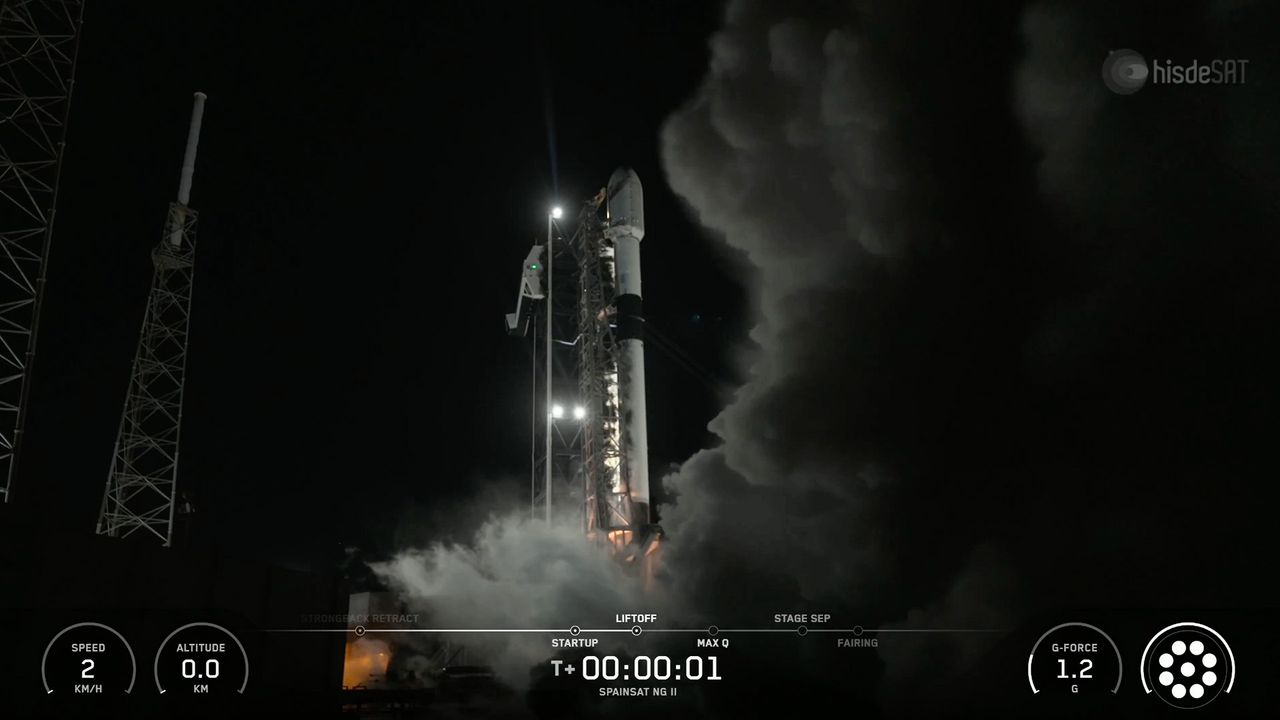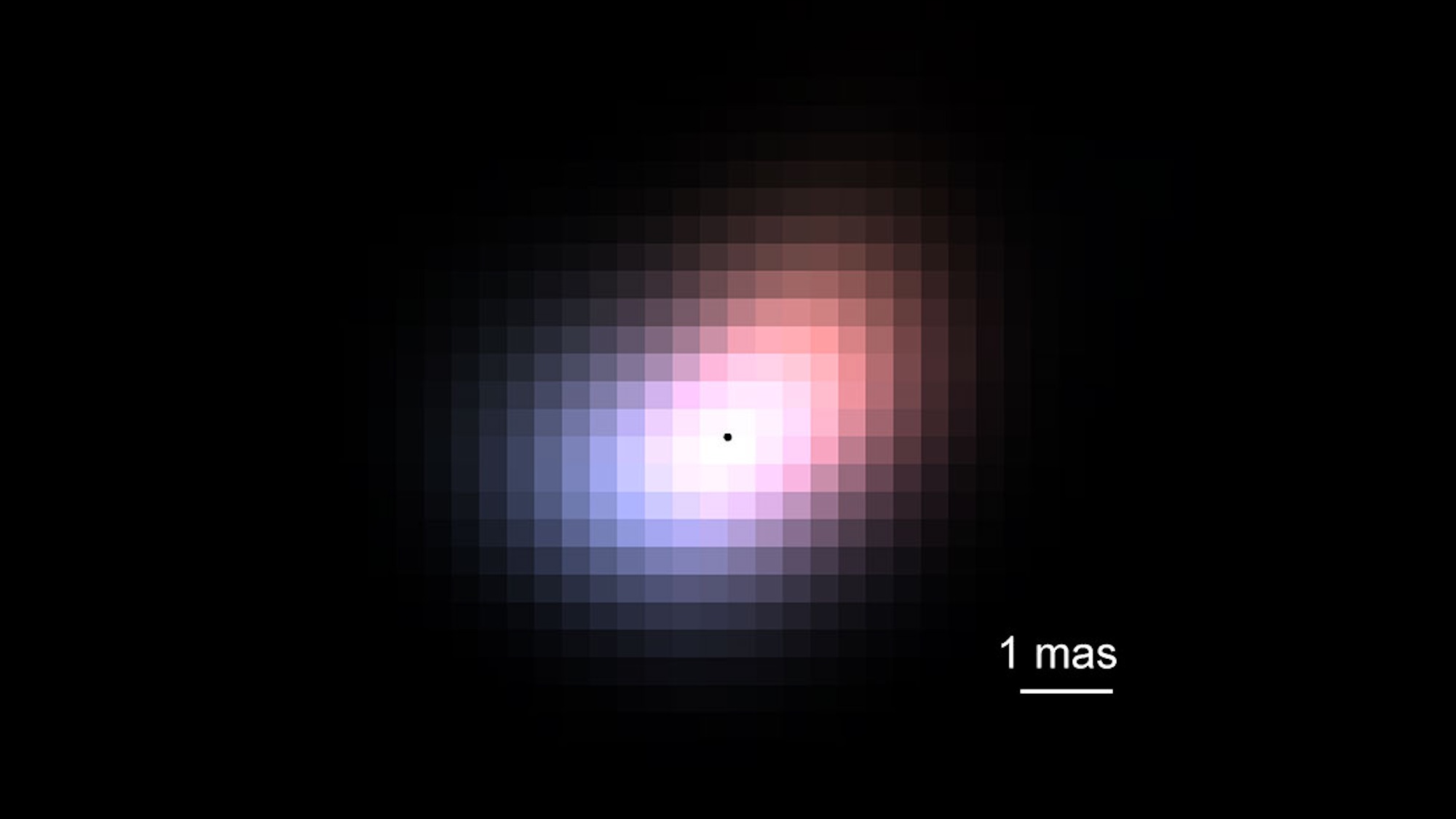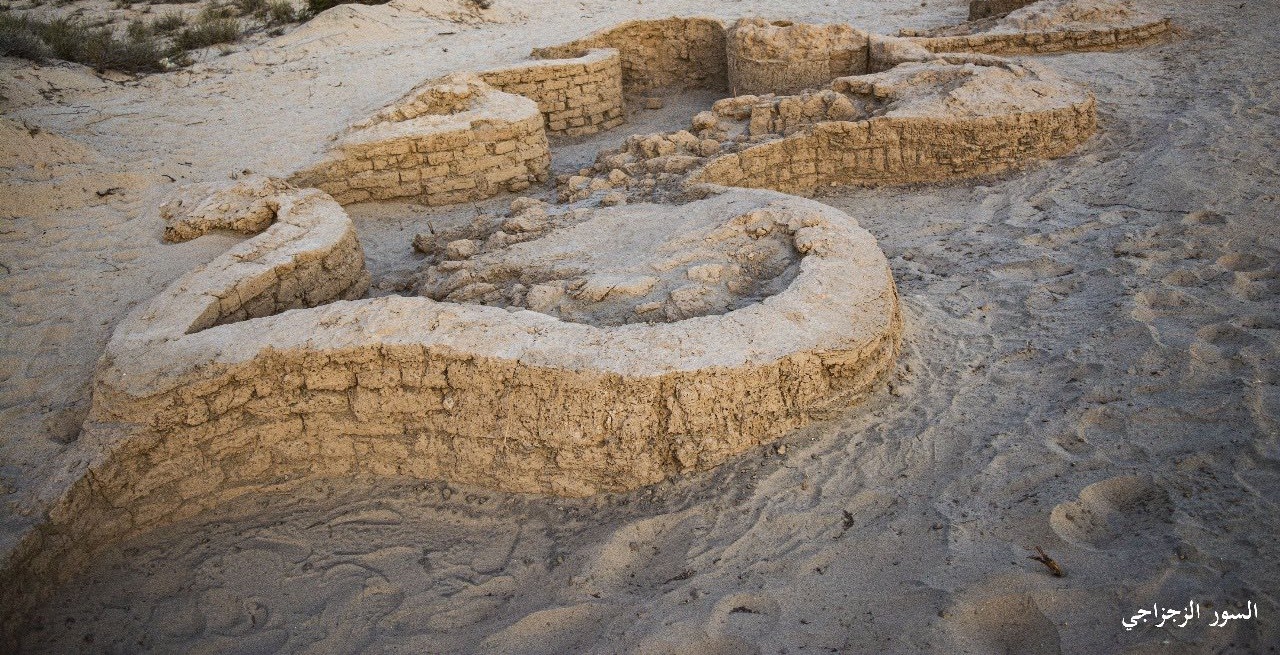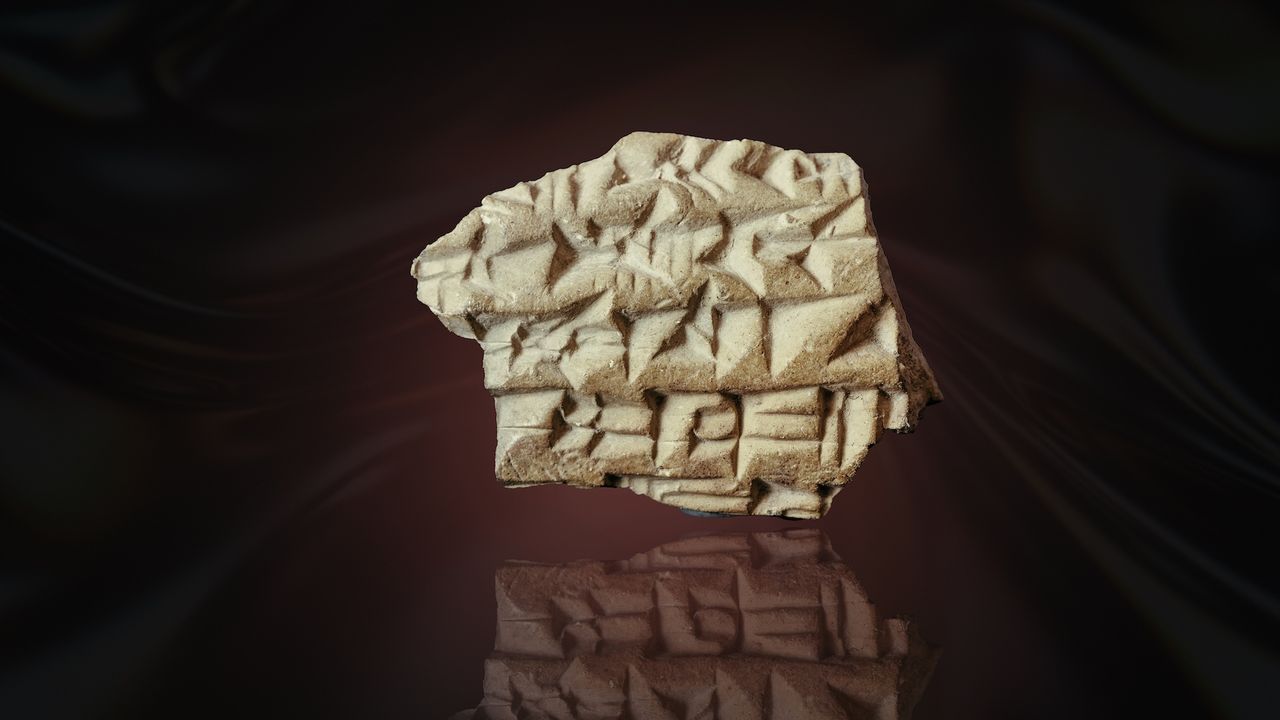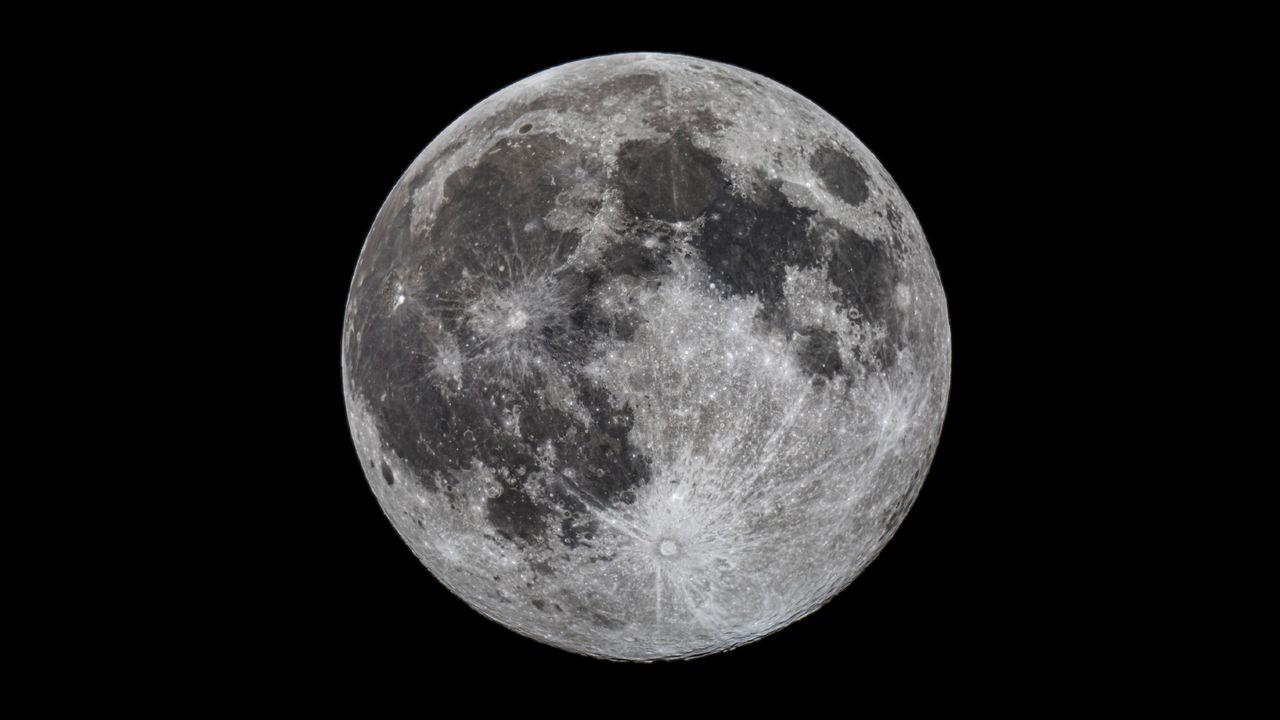Earth photobombs the sun in satellite image | Space photo of the day for Oct. 23, 2025
PositiveScience
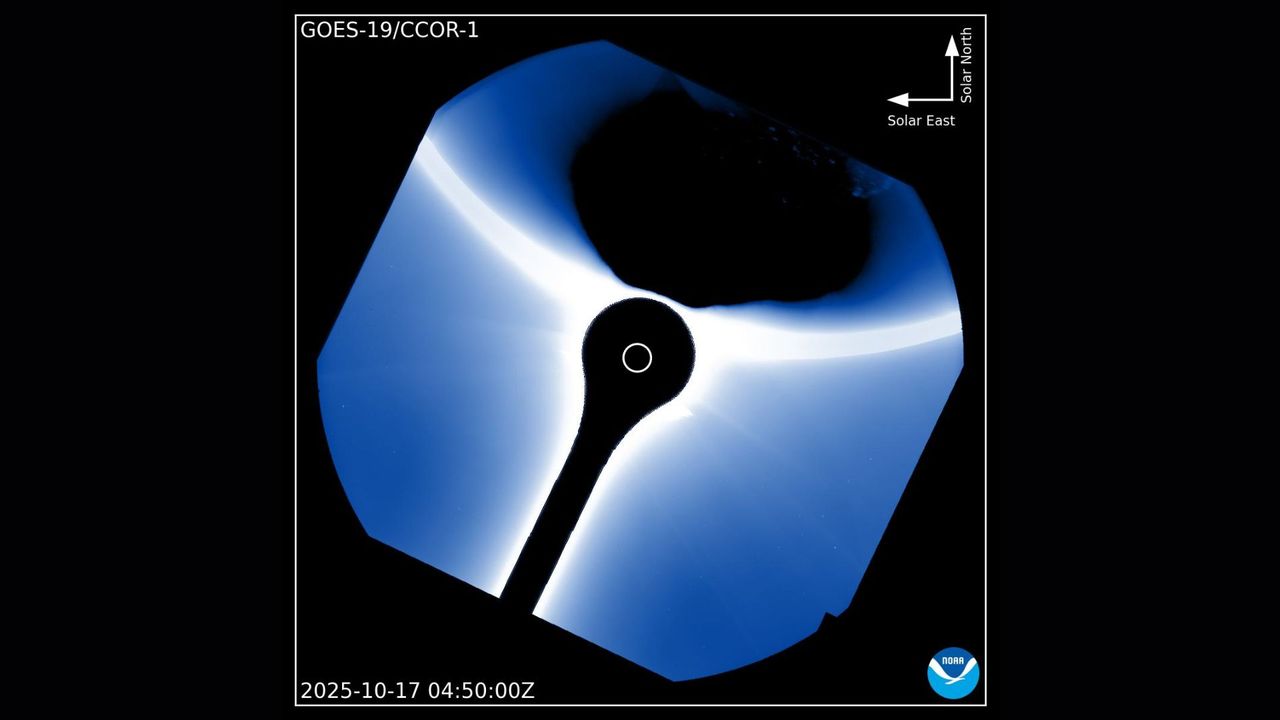
A stunning new image from NOAA's GOES-19 satellite has captured Earth photobombing the sun, showcasing a rare celestial moment. This image not only highlights the beauty of our planet but also emphasizes the advanced capabilities of modern satellite technology in observing solar phenomena. Such visuals inspire awe and remind us of our place in the universe.
— Curated by the World Pulse Now AI Editorial System
